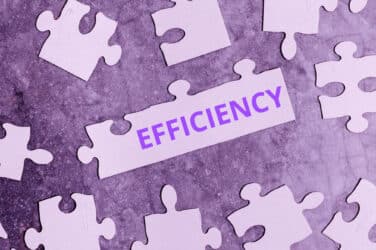
The Financial Stability Board (FSB) published a statement to support preparations for LIBOR cessation.
Most LIBOR panels will cease at the end of this year, with certain key USD settings continuing until end-June 2023 to support the rundown of legacy contracts, executed before January 1 2022, only.
We have published a statement to support preparations for LIBOR cessation. With only a few weeks remaining until the end of 2021, it is critical that market participants act urgently to complete any remaining steps set out in our Global Transition Roadmap: https://t.co/qEDApOZm4B pic.twitter.com/79VaaQhmWp
— The FSB (@FinStbBoard) November 22, 2021
Continued reliance of global financial markets on LIBOR poses risks to global financial stability. With only a few weeks remaining to the end of 2021, it is now critical that market participants act urgently to complete any remaining steps set out in the FSB’s Global Transition Roadmap. Global and national financial regulators will be closely monitoring progress.
Significant progress has been made in transitioning to Risk-Free Rates (RFRs), but market participants still need to finalise preparations to cease new use of LIBOR by end-2021. Considering the significant use of USD LIBOR globally, the FSB continues to believe it is particularly important to reinforce the message and timeline from supervisors globally to ensure there is no interruption to new business and financing. The FSB recognises the widespread use of USD and other LIBORs in emerging markets and developing economies (EMDEs) and therefore considers engagement with EMDEs to be a key part of LIBOR transition globally.
Transition should be primarily to overnight RFRs, the most robust benchmarks available, to avoid reintroducing the weaknesses of LIBOR. The FSB recognises that in some cases there may be a role for RFR-derived term rates and has set out the circumstances where the limited use of RFR-based term rates would be compatible with financial stability. It is crucial that potential alternative rates to LIBOR are especially robust and reflect credible underlying markets underpinned by a sufficient volume of transactions.
The FSB emphasises that active transition of legacy contracts remains the best way for market participants to have control and certainty over their contract terms, and provides a permanent solution and the ability to move to overnight RFRs, compounded in arrears. Synthetic LIBOR is being made available as a temporary bridging solution for legacy contracts only. It should not be directly or indirectly referenced in any new contracts.
The FSB will continue to monitor the final steps in completing LIBOR transition over the coming months.
Source: FSB






